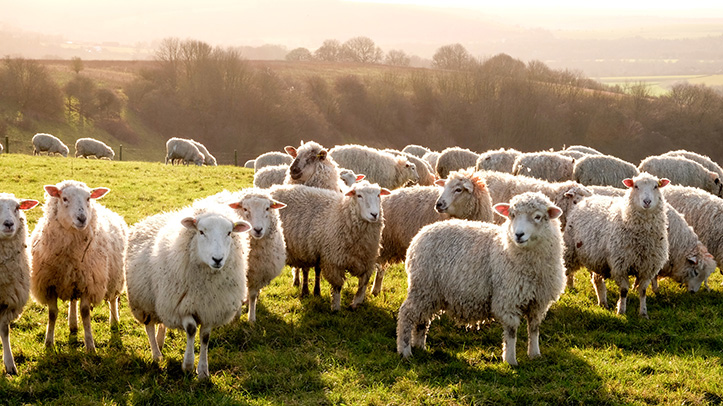Moredun Research Institute is leading an international, multi-institutional partnership with the University of Glasgow and the University of New England, Australia, to develop an effective vaccine for on-farm worm control. The project also includes colleagues at the James Hutton Institute.
Parasitism by gastrointestinal nematodes (parasitic worms which live in the gut) has a major impact on animal production worldwide. Nematode infections of sheep negatively affect health and welfare outcomes for infected animals.
The cost of parasitism in the UK is estimated at approximately £4 per lamb through reduced weight gain and treatment costs and the total cost to the Australian sheep and goat industry is estimated at more than £229.8 million each year.
This inefficiency in production also impacts greenhouse gas emissions from agriculture, affecting our ability to reach Net Zero targets unless we intervene.
Dr Alasdair Nisbet, project lead from Moredun Research Institute, said: “We are delighted to be able to lead this international team to develop our nematode vaccine technology further and push towards a commercial product to help control this major issue in the sheep industry in the UK and beyond.”
This project is co-funded by each of the partners with matched funding from the Australian Federal Government through the Meat & Livestock Australia Donor Company to a total value of just over £6m over five years.
More than half of the budget will come to the Scottish partners, with the intention to develop a commercially exploitable vaccine against the main gastrointestinal nematodes of sheep globally.


